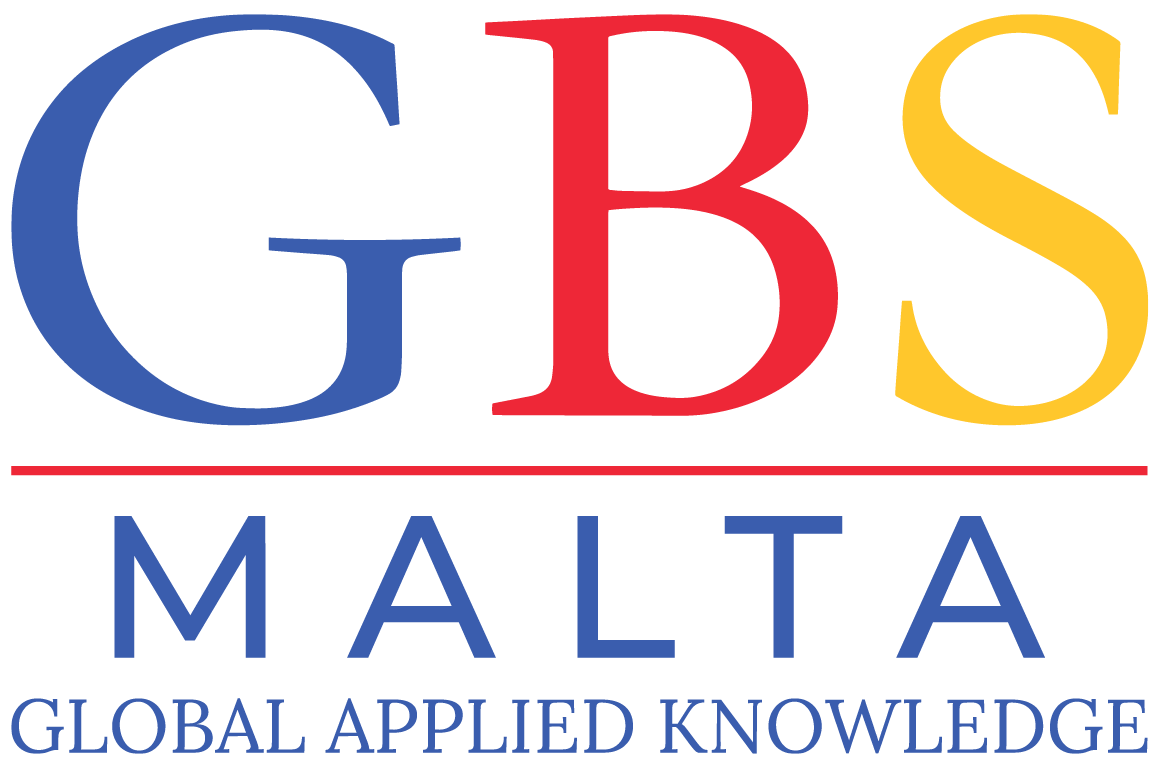Your monthly student budget in Malta
A typical living in Malta as a student experience can comfortably fit within a budget of €600 to €1,200 per month, depending entirely on your personal choices and preferences (Source: EduStay Malta).
This range covers all the primary necessities and leaves room for some fun too. Understanding typical Malta student expenses, can help you make smart decisions to stretch your euro further.
Your budget will be a direct reflection of your lifestyle, from choosing shared flats over private studios to cooking at home more often than eating out.
The key is to be aware of the costs and have a plan.
| Expense Category |
Typical Monthly Range (€) |
| Accommodation (shared apartment) |
300-600 |
| Food and groceries |
150-250 |
| Utilities |
80-150 |
| Personal and leisure |
100-150 |
(Note: Each of these figures are subject to change depending on the individual's interest. Also, note that Transportation in Malta is free for public and ferry transport after registering for a Tallinja Card.)
Accommodation (your home away from home)
Your accommodation will likely be your largest expense, but Malta offers a variety of choices to fit different budgets.
Shared apartments outside the city centre are a popular and affordable option, with a monthly cost ranging from €300 to €600 (Source: EduStay Malta).
If you want more privacy, a private studio can run you between €500 and €900 per month. It is always a wise idea to consider all the variables, as location and the number of roommates can make a big difference.
For a hassle-free and convenient option, GBS Malta student residences offer a fantastic solution.
GBS Malta offers two types of student housing close to our campus; student residence and shared apartments. Student residence offers two types of rooms; single en-suite (€375/week) and twin bed en-suite rooms (€250/week). While shared apartments can cost €190/week, and €375/week for a single room. This price includes everything from utilities to Wi-Fi and even access to a pool and gym. When you factor in all the amenities and peace of mind of secure, on-campus living, the value becomes really clear.
Choosing this option can simplify your budget by bundling many of your expenses into a single, predictable payment. Check GBS Malta accommodation options here.
Food and groceries (fuel for your studies)
Eating well in Malta does not have to break the bank.
You will find that cooking at home is a simple and effective way to save money, with monthly groceries typically costing between €150 and €250 for a single person.
Local markets and supermarkets offer great deals on fresh produce. Of course, you will want to try some local food. An occasional meal at a mid-range restaurant costs around €15 to €20.
This balance between home-cooked meals and dining out lets you explore local flavours without overspending.
Utilities and transport (the essentials)
Utilities for a shared flat can add €80 to €150 to your monthly budget, covering things like electricity, water, and internet.
When it comes to getting around, the study in Malta cost for transport is exceptionally low. The island is small and easy to navigate, with a robust public bus system.
Malta offers free public and ferry transport for students. It only costs €25 to register and apply for the Tallinja Card, and it is a one-time fee. (Source: Malta Public Transport).
Personal and leisure
This part of the budget is where your choices come into play.
A typical student allocates around €100 to €150 per month for personal expenses and leisure activities. This covers a phone plan, a coffee with friends, a movie ticket or exploring one of Malta’s many historical sites.
The country’s diverse landscape and rich history mean that there are always affordable or free things to see and do, from hiking coastal trails to visiting ancient temples.
Smart ways to stretch your Euro in Malta
Managing a student budget is all about making smart, daily choices.
You will quickly find that there are plenty of ways to save money without compromising on your experience.
One simple tip is to cook with friends and split the cost of groceries. This saves money and makes great memories.
Another tip is to always look for student discounts. Many places offer them, from clothing stores to museums, and it is a convenient way to save money. Check about the ISIC Card here. We have also collaborated with a few restaurants and coffee shops where students can get discounts by presenting their GBS Malta student card.
Quick tips to stay on budget:
- Cook with friends to save on groceries
- Take advantage of student discounts
- Explore the countless free natural and historical sites
- Consider part-time work opportunities
While considering part-time work is an excellent way to earn extra income, it is important to know the rules.
International students can legally work up to 20 hours per week, but only after they have received their Residence Card.
It is a process that can take a few months, so you should have sufficient funds to cover your initial cost of living in Malta for students during that period. This is an important detail that is often overlooked and can help you plan more effectively.
Beyond the cost: The GBS Malta advantage
It is one thing to manage Malta student expenses and quite another to ensure your educational investment pays off.
This is where real value comes in.
While being able to afford living in Malta as a student is a huge win, the long-term returns on your education are what truly matter.
At GBS Malta, the goal is to ensure your degree leads to a successful career. Our programmes are carefully aligned with the needs of growing industries. This means you are learning the skills that employers in Malta and across the globe are actively searching for.
We also offer dedicated career support services to guide you from student to professional. This is more than just a service; it's a partnership.
We provide personalised career counselling, resume feedback, and access to a professional network to help you land your dream job.
The most valuable financial benefit, however, is the Get Qualified scheme. This is a government-backed national initiative that refunds up to 70% of your tuition fees after you graduate and start working in Malta.
The Get Qualified scheme is applicable to all of our programmes. Following your studies, you must work in Malta for two years in order to qualify for the tax benefits of this scheme.
It transforms your educational journey into a tangible investment with a direct financial return. Choosing GBS Malta means you are not just getting a degree; you are investing in a future where your education pays you back, literally.
Your affordable Mediterranean dream is possible
Let us bring it all together.
The dream of studying abroad, immersing yourself in a new culture, and getting a top-tier education is well within your reach. With a sensible monthly budget, and a wide array of affordable options for accommodation, food and transport, the cost of living in Malta for students is completely manageable.
By choosing GBS Malta, you are making a smart decision that extends beyond the classroom. You are investing in industry-aligned programmes, a supportive community, and a future with a clear professional path. The added financial benefits of the Get Qualified scheme make your education an even smarter investment.
It is not just about finding your way to Malta, but also about thriving in the country.
Explore our programmes at GBS Malta and take the first step towards an unforgettable education under the sun.
Apply Now.
Still have questions about budgeting?
Contact our friendly admissions team – we are happy to help you plan.




